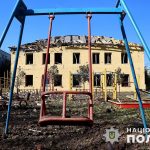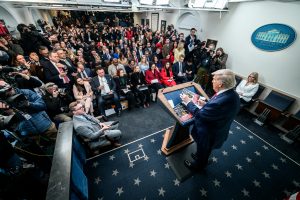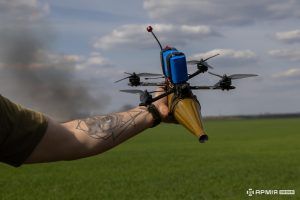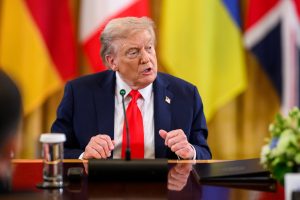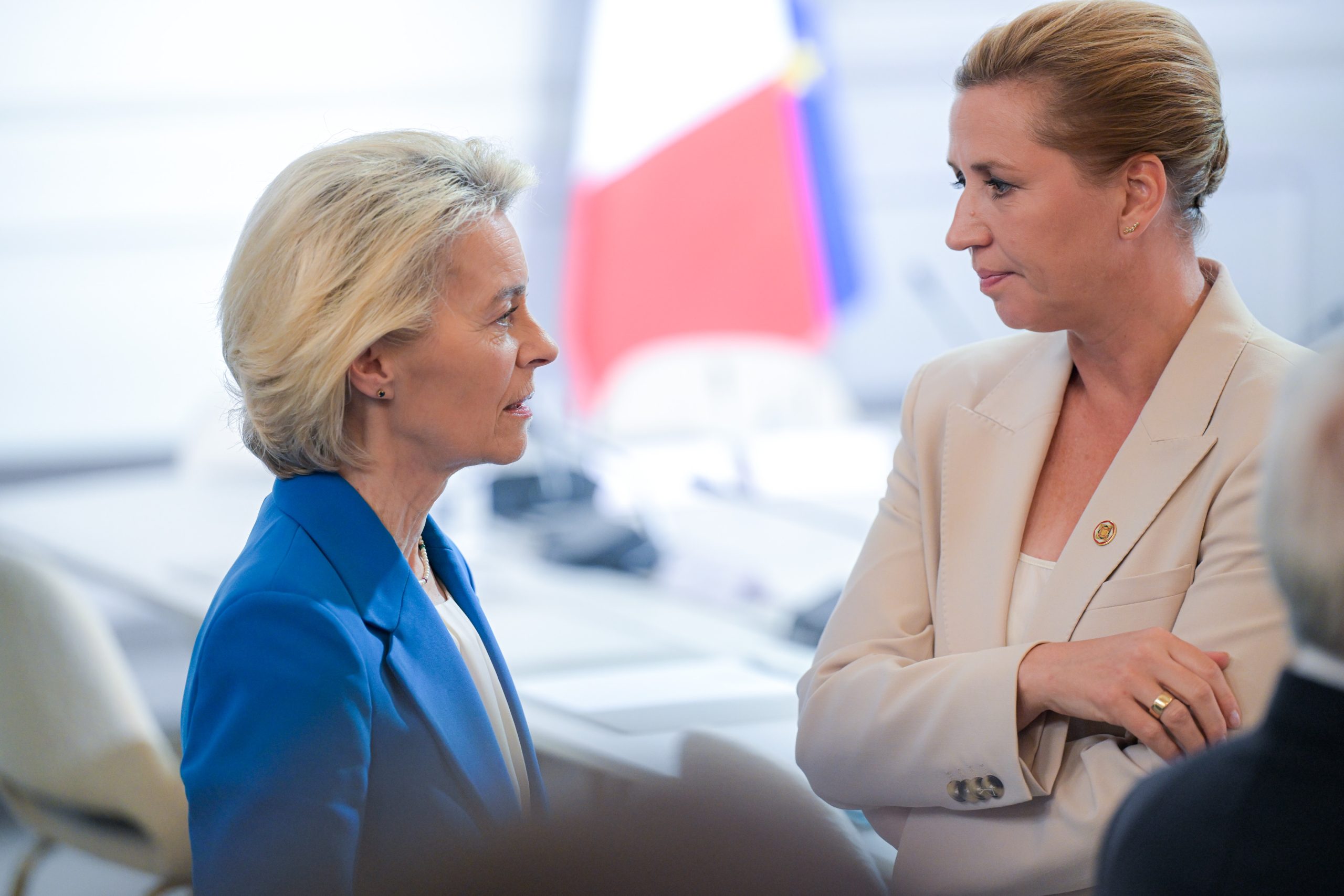
Based on reporting from ABC News and BBC News.
Photo Credit and Description: Ursula von der Leyen & Mette Frederiksen talking during a meeting of the Coalition of the willing in Paris, France – 2025 (https://commons.wikimedia.org/wiki/File:Ursula_von_der_Leyen_%26_Mette_Frederiksen_talking_during_a_meeting_of_the_Coalition_of_the_willing_in_Paris,France-2025(1).jpg)
A Summit in a Time of Escalation
European leaders gathered in Copenhagen this week to respond to Russia’s expanding hybrid warfare campaign. The summit took place just days after drones disrupted airports in Denmark and followed multiple Russian airspace violations over Poland, Estonia, and Germany.
Ukrainian President Volodymyr Zelensky told leaders that Europe’s security is inseparable from Ukraine’s. As ABC News reported, he urged Europe to “step up” its support, warning that Moscow’s attacks are aimed at the entire continent, not only Ukraine.
Danish Prime Minister Mette Frederiksen framed the issue starkly, declaring that “from a European perspective there is only one country willing to threaten us and that is Russia, and therefore we need a very strong answer back” (BBC News).
The Drone Wall and European Airspace
One of the central proposals discussed was the creation of a “drone wall.” As BBC News reported, this would be a multi-layered system to detect and destroy Russian drones quickly and cheaply. Allies including Poland, the UK, Finland, Sweden, the Netherlands, and the United States provided Denmark with anti-drone support during the summit. A German frigate docked in Copenhagen to reinforce air defenses, while Sweden supplied radar systems.
European Commission President Ursula von der Leyen called for deterrence “at scale and at speed” (BBC News), and the Commission is advancing plans for joint procurement and expanded defense industries. A €150 billion European defense fund is under discussion, with the UK and Canada expected to participate.
The Eastern Flank and Long-Term Defense
Beyond drones, leaders reviewed broader security measures. The “Eastern Flank Watch” initiative will strengthen air, land, and sea defenses against hybrid warfare and Russia’s shadow fleet. According to BBC News, a long-term road map is being drawn up to make Europe’s defense industries “2030-ready.”
German Chancellor Friedrich Merz warned that “we are not at war, but we are no longer at peace either” (BBC News). His statement reflected the growing consensus that Europe must take far greater responsibility for its own security.
Divisions remain, however. Hungary’s Prime Minister Viktor Orban rejected Ukraine’s sovereignty and continued to oppose its EU membership, underscoring how political fractures can weaken collective defense efforts.
Reflection
The Copenhagen summit highlights Europe’s belated recognition that it is in the midst of the most dangerous security environment since 1945. Russia’s use of hybrid warfare, particularly drones, is not random harassment but a strategy designed to destabilize the continent. The Centre for Eastern European Democracy sees several urgent lessons:
- Hybrid war is now the frontline. Drones, airspace incursions, and cyber disruption are integral to Russia’s campaign. Europe must treat these not as isolated events but as coordinated aggression.
- Security is indivisible. Attacks in Denmark, Poland, or Estonia are not local issues. They are stress tests for all of Europe.
- Cost matters. Russia spends thousands on drones that force Europe to spend millions on defenses. Innovation and efficiency must drive Europe’s response.
- Unity is critical. Political divisions, such as Hungary’s stance on Ukraine, provide Moscow with strategic opportunities. Europe must close these gaps.
- Ukraine’s survival is Europe’s survival. Support for Kyiv is not an act of generosity but the foundation of Europe’s own security.
Europe has entered a decisive decade. The question is whether its leaders will move quickly enough to build the defenses that tomorrow’s battlefield will demand. Delay and division will invite further aggression. Resolve and unity can deny Moscow the ability to destabilize Europe through hybrid means.
